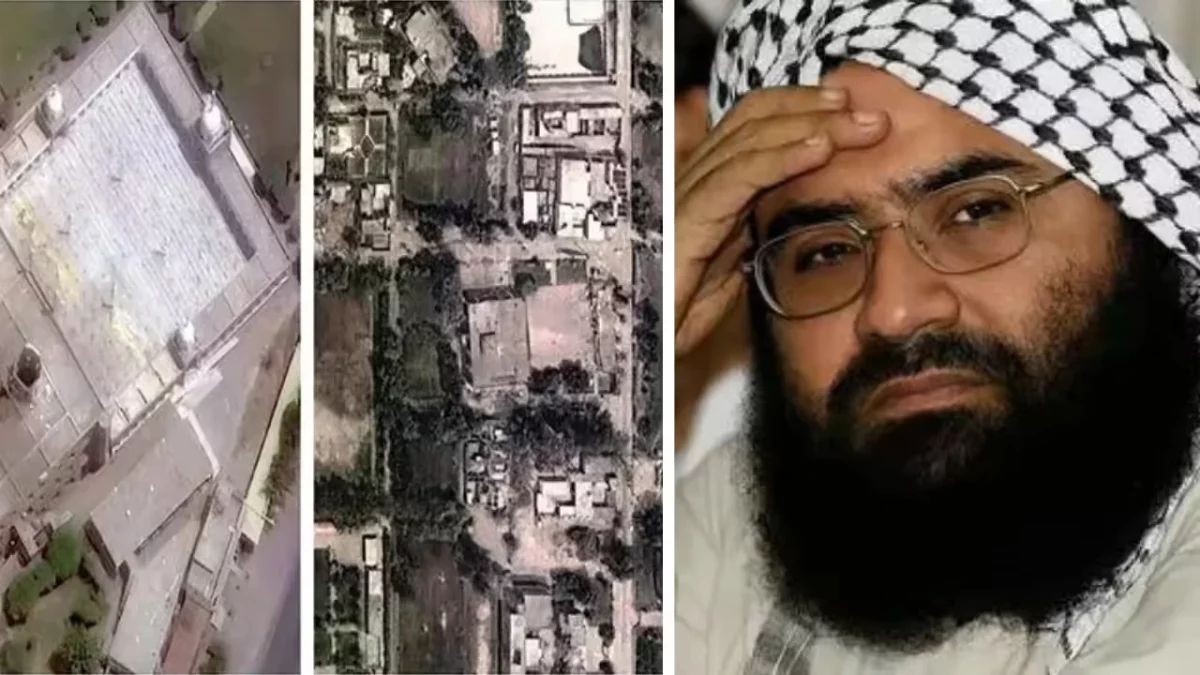PM Modi Congratulates Amul and IFFCO for Topping Global Cooperative Rankings
Six Months After Operation Sindoor, Lashkar and Jaish Mobilise for New Attacks in J&K
Srinagar/New Delhi – November 6, 2025
Fresh intelligence has raised serious concerns over Pakistan-backed terror activity in Jammu and Kashmir, six months after India’s counter-terror Operation Sindoor. This operation was launched in response to the Pahalgam terror attack and successfully dismantled multiple terror modules. However, reports now suggest that groups like Lashkar-e-Taiba (LeT) and Jaish-e-Mohammed (JeM) are regrouping and planning a new wave of coordinated strikes.
According to sources, terror outfits have increased infiltration, reconnaissance, and cross-border logistics since September. Several LeT and JeM units reportedly entered Jammu and Kashmir through Line of Control routes, aided by Pakistan’s Special Services Group (SSG) and the Inter-Services Intelligence (ISI). One LeT unit, led by a terrorist named Shamsher, conducted drone-based aerial reconnaissance to locate gaps along the LoC, hinting at possible fidayeen-style assaults or arms drops in the coming weeks.
Intelligence reports also point to the redeployment of Pakistan’s Border Action Teams (BATs), comprising former SSG soldiers and militants, across Pakistan-occupied Kashmir (PoK). High-level meetings in PoK during October reportedly brought together ISI officials and leaders from groups like Jamaat-e-Islami and Hizbul Mujahideen, finalising plans to revive dormant terror cells, provide monthly stipends to ex-commanders, and push for retaliatory attacks against Indian security forces.
Adding to the threat, LeT operatives are mapping local sympathizers and rebuilding human intelligence networks in the Kashmir Valley, which had largely been dismantled after India’s intensified counter-terror measures. Parallel smuggling and narco-terror channels are reportedly being expanded to finance these activities, echoing patterns previously seen in Punjab and Rajasthan.
The intelligence comes at a sensitive time when local elections and a slow return of tourism have suggested signs of normalcy in Jammu and Kashmir. Security agencies warn that the ISI-backed terror network aims to disrupt this fragile peace, especially amid Pakistan’s growing economic and political instability. Officials in New Delhi have described the intelligence as a “critical warning,” emphasizing that the Indian Army and intelligence agencies are on high alert across northern command sectors.
Experts also note that the renewed mobilization coincides with India’s largest Trishul tri-service exercise on the western borders. Analysts warn that the winter period, typically associated with reduced infiltration, may now see renewed attempts at cross-border terrorism, posing a significant challenge for Indian security forces and testing the region’s vigilance once again. Operation Sindoor may need to re-enter an active phase if Pakistan’s “export of terror” continues unchecked, highlighting the persistent threat to stability in Jammu and Kashmir.
Six Months After Operation Sindoor, Lashkar and Jaish Mobilise for New Attacks in J&K
Six months after India’s Operation Sindoor, fresh intelligence warns of a possible resurgence of terror activity in Jammu and Kashmir. Pakistan-backed groups Lashkar-e-Taiba (LeT) and Jaish-e-Mohammed (JeM) are reportedly regrouping, increasing infiltration, reconnaissance, and cross-border logistics along the Line of Control. Drone-based surveillance by LeT units has identified vulnerable areas, suggesting potential fidayeen-style attacks or arms drops in the coming weeks.
Reports also indicate that Pakistan’s Border Action Teams, consisting of former SSG soldiers and militants, have been redeployed across Pakistan-occupied Kashmir. High-level meetings in PoK during October reportedly focused on reviving dormant terror cells, issuing stipends to ex-commanders, and planning retaliatory strikes against Indian forces. LeT operatives are actively rebuilding human intelligence networks across the Kashmir Valley and expanding smuggling channels to fund operations.
Security officials in New Delhi have described the intelligence as a “critical warning,” with the Indian Army and intelligence agencies placed on high alert across northern command sectors. This warning comes amid local elections and a fragile return of tourism in the region. Analysts caution that the winter period, usually quieter, may now witness renewed cross-border attempts, testing India’s vigilance and readiness. Operation Sindoor may soon need a renewed phase to counter the threat and maintain stability in Jammu and Kashmir.














Add Comment